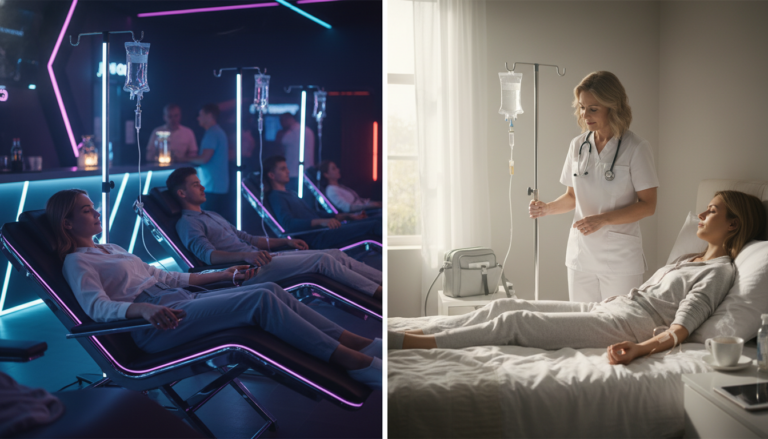In our increasingly digital age, the rise of telehealth – the delivery of health-related services and information via digital and telecommunication technologies – has been seen as a game-changer. Particularly during the COVID-19 pandemic, telehealth became an essential tool, enabling patients to receive medical care without leaving their homes, thereby reducing the risk of virus transmission. It presents an appealing solution to many of the traditional challenges of healthcare delivery, such as long travel times, prolonged waiting periods, and the strain on medical facilities.
However, while telehealth has undeniably brought valuable benefits, it is not a panacea. It has its own set of limitations and is not suitable for every patient or every medical scenario. This article seeks to delve into these limitations and build a strong case for the continued importance and irreplaceability of in-person care in certain aspects of healthcare.
The Limitations of Telehealth
Lack of Physical Examination
One of the key elements of healthcare delivery, the physical examination, is largely absent in telehealth. While telehealth is perfect for consultations, follow-ups, and certain diagnoses based on reported symptoms, there are many health issues where a physical examination is crucial. Telehealth by its very nature falls short in these instances. The tactile component of healthcare, such as palpation, auscultation, or other hands-on examination techniques, cannot be conducted virtually.
Limited Scope for Emergency Care
When it comes to emergency situations, telehealth is considerably limited. While it can provide initial advice or guidance, it is no substitute for immediate, in-person medical attention. Conditions that require urgent intervention, such as heart attack, stroke, or severe trauma, can’t be appropriately handled via telehealth.
Inadequacy for Complex Conditions
Patients with complex or multi-system diseases often require a holistic approach to care, involving various healthcare professionals. Coordinating this care virtually can be challenging. Telehealth may not be equipped to handle such situations effectively, potentially leading to fragmented or sub-par care.
Technical Difficulties
The effective delivery of telehealth services requires a stable, high-quality internet connection – something that isn’t universally accessible. Rural and underserved communities may lack the necessary infrastructure. Furthermore, even for those with access, technical glitches can disrupt the continuity of care, lead to misunderstandings, or cause frustration.
The Case for In-Person Care
Better Diagnosis
In-person visits often allow for a more accurate and comprehensive diagnosis. The ability to conduct a thorough physical examination, combined with the opportunity to pick up on non-verbal cues, can provide valuable insights that lead to a more precise diagnosis.
Personal Touch
The personal interaction between a patient and a healthcare provider often has a therapeutic effect that cannot be replicated in a virtual setting. The comfort of a warm smile, the reassurance of a caring touch, and the empathy conveyed through direct interaction can be healing in themselves.
Immediate Care
In-person visits ensure immediate care. This is particularly important in emergencies where quick action can mean the difference between life and death. Also, certain treatments, such as surgeries, wound care, and some diagnostic tests, can only be carried out in person.
Conclusion
While telehealth undoubtedly has a significant role to play in the future of healthcare, it cannot replace in-person care in its entirety. Each has its own unique strengths and weaknesses. Telehealth offers convenience and accessibility, while in-person care provides a holistic, immersive approach. A balanced blend of both, tailored to the unique needs and circumstances of each patient, is the ideal way forward in modern healthcare.

